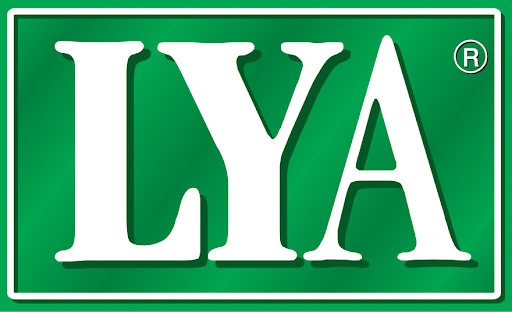Having now completed three weeks of bidding… The slow progress of the US 2.5 GHz auction (FCC Auction 108 which began on July 29) was apparent from the outset and shows no sign of change. This should not be a surprise – the opening bid prices at < 0.5 cents per MHz-pop were well below any expected benchmark of market value. Bid values after 24 rounds were only approaching the Auction 86 result which sold 2.5 GHz licenses way back in 2009.
UPDATE Round 44 – August 19, 2022: Revenues continue to increase slowly and values remain low, having just exceeded a paltry 1.5 cents per MHz-pop. This is not even 10% of the average of mid-band prices seen in worldwide auctions, and just 1% to 1.5% of the peak values seen in the Canadian 3.5 GHz auction and in FCC Auction 107, respectively, both completed in 2021. Although there is only over-demand on 251 licenses out of the 8,017 in Auction 108, there still appears to be sufficient bidding eligibility for all licenses to be sold. Will the auction continue a long slow march towards the market price, or will bidders tire of the chase, leaving someone (likely T Mobile) with a bargain basement price for diamonds in the rough? Time will tell.
And, Importantly, When Will it get There?

The auction is moving along with revenues increasing modestly per round, initially by about 3% and currently between 1% and 2%. While demand is relatively low – based on eligibility being bid relative to the total represented by the licenses for sale – there are likely enough bidding points in reserve based on the FCC’s activity rule so all licenses could ultimately be sold.
This auction may take a long time. There were 82 qualified bidders and each of the 8,017 individual licenses has to see bidding end before the entire auction can end. Auctions of this type often have a “long tail” of bidding as demand moves from one small license to another over many rounds before the auction is fully played out.
The Portuguese 5G Auction is Instructive
The worst case in history of this was the 5G auction held in Portugal, with 6 bidders vying for 58 individual licenses in various bands and with a similar item-by-item bidding format. The auction lasted 1,727 bidding rounds, a world record – eclipsing previous high water marks by a wide margin: the Italian 4G auction held in 2011 ended after 469 rounds; FCC Auction 97 for AWS3 in 2015 lasted 331 rounds.

The Portuguese auction began on January 14, 2021 and ended on October 26, 2021 – 200 bidding-days – at 2.4x the opening bids representing a modest 11 cents per MHz-pop on average. Prices ranged from 9 cents for 3.6 GHz spectrum up to 34 cents for 900 MHz. For Auction 108 to even reach the relatively low values seen in the 3500 MHz CBRS auction (FCC Auction 105), there are over 100 rounds to go at the current pace. And that would be nowhere near the values seen in the US C Band Auction (FCC Auction 107) or the Canadian 3500 MHz auction held in 2021.
An auction with bidding on individual items as opposed to bidding for a quantity of generic licenses, especially when starting with very low opening bids, opens up the (annoying) possibility of a very long process.
Of course, conventional wisdom is that there is one large main interested party in Auction 108 – T Mobile – looking to fill out its mid-band 2.5 GHz footprint. Having just announced spending $3.5 billion to acquire the 600 MHz portfolio of Columbia Capital (announced August 9, 2022), T Mobile is no doubt happy to see that the prices for 2.5 GHz spectrum are not rapidly increasing in this auction. It may be up to T Mobile to decide when Auction 108 ends, but there were 82 bidders qualified. Maybe not all of these bidders are currently active, but it takes very little activity to keep the auction going for a very long time, as was the case in the Portuguese 5G auction.
